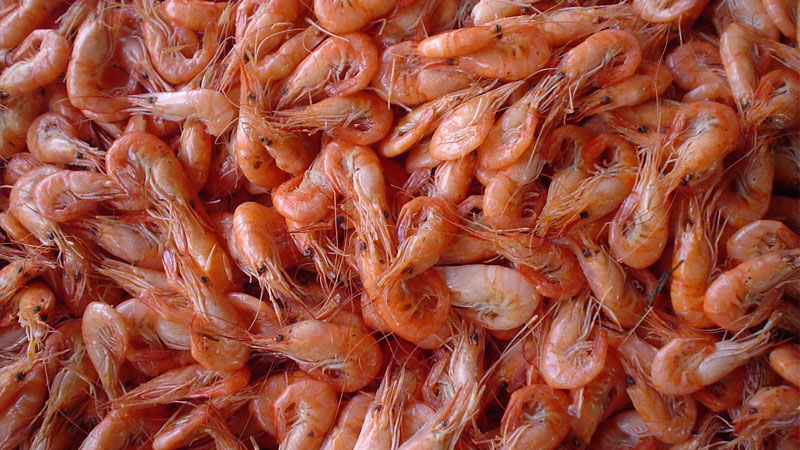Exclusive content

The coastal waters of Kenya, Tanzania, and Somalia are facing severe challenges due to illegal, unregulated, and unreported (IUU) fishing. This troubling trend has far-reaching impacts on shrimp and prawn stocks, crucial species at the lower end of the food chain. Their decline not only threatens biodiversity but also jeopardizes the health of commercially important fish species, such as tuna.
The Impact of IUU Fishing on Shrimp Stocks
The Environmental Justice Foundation (EJF) reports that between 2017 and 2023, vessels from wealthy Far East nations were involved in 86 unique cases of IUU fishing or human rights abuses in the South West Indian Ocean (SWIO). This illegal activity is not only detrimental to marine ecosystems but also to the economies of low-income and least-developed countries. For regions like Kenya and Tanzania, where food security is already threatened by natural disasters like heavy rains, the additional burden of IUU fishing exacerbates food insecurity and economic losses.
The economic impact of IUU fishing is substantial. In Kenya and Tanzania, the potential annual economic losses due to IUU fishing are estimated at USD 10,963 and USD 31,321, respectively. Tanzania, in particular, faces the highest losses, representing about 45.8% of the total resource potential loss in the region, amounting to roughly USD 65.4 million. The high export value of species from these waters, including shrimp, contributes to these significant economic deficits.
Governance and Policy Challenges
Despite the clear need for robust policies to combat IUU fishing, progress has been slow. Kenya, for instance, has yet to finalize its blue economy policy, which is essential for sustainable fisheries management. The process of policy development involves multiple stakeholders and extensive legislative scrutiny, often leading to prolonged delays. The current draft of the policy has been under review since 2022, with concerns about its inclusivity and comprehensiveness.
Effective management of fisheries resources in the SWIO requires integration across national boundaries and adherence to international frameworks. These include the Law of the Sea Convention (LOSC), the Indian Ocean Tuna Commission (IOTC), and the United Nations Food and Agriculture Organization’s guidelines on deterring IUU fishing. Despite these frameworks, national efforts remain fragmented, highlighting the need for more cohesive regional strategies.